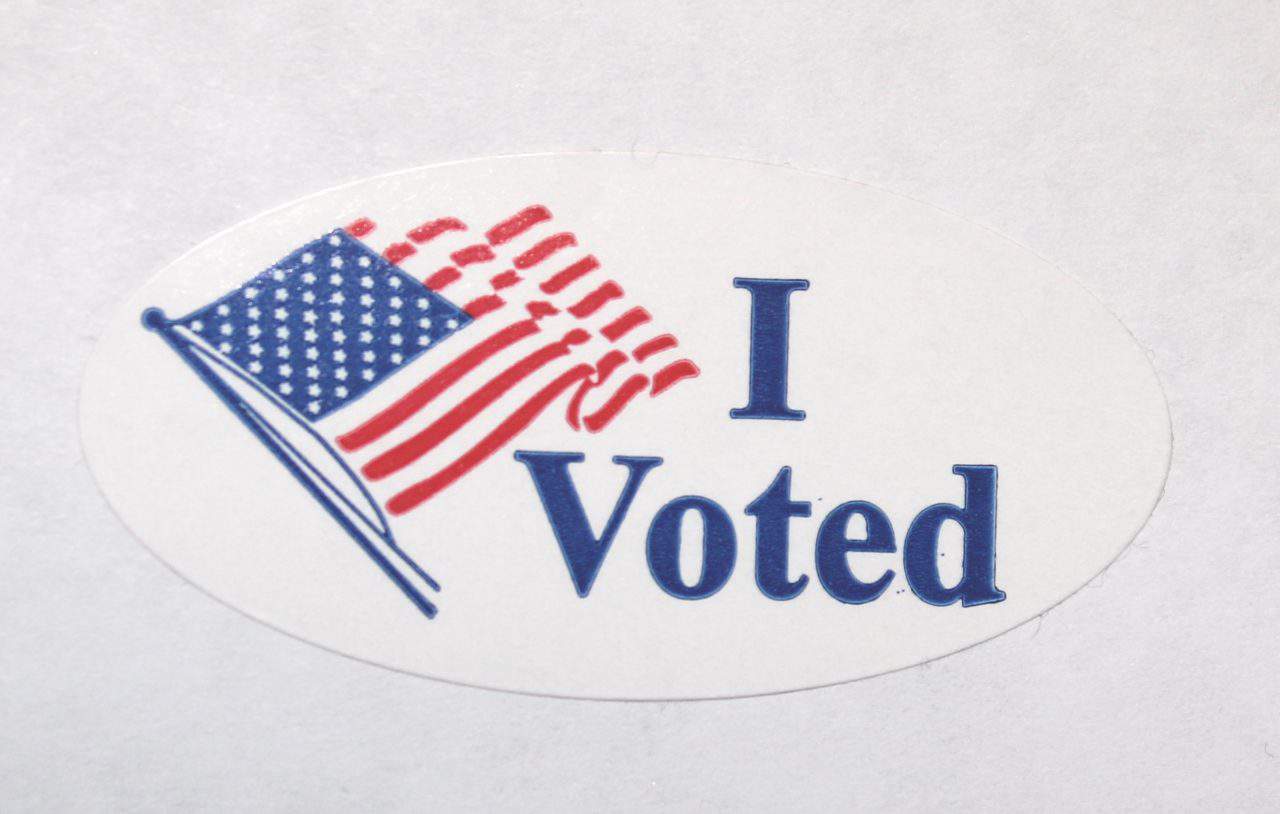By Peter D’Auria/VTDigger
On March 1, voters in the Otter Valley School District went to the polls and, by a margin of 60 votes, turned down the budget for the upcoming school year.
The unexpected rejection of the $22.7 million proposal, which came amid a steep drop in voter turnout in the district, has thrown the upcoming school year into uncertainty.
Local officials must conduct another vote on the district’s dime. And if a new budget does not pass by July 1, the district will have to revert to the current year’s budget — which could force school officials to hold off on hiring and expanding programs.
Now, some officials are blaming the failure on a recent Vermont law expanding mail-in voting — one that, they say, is actually decreasing voter turnout in some local elections.
“I’m not sure that what is in current law right now works,” said Carol Dawes, chair of the Vermont Clerks and Treasurers Association’s legislative committee. “I think [lawmakers are] going to need to go back and look at it again.”
Last year, Gov. Phil Scott signed a bill to expand mail-in voting in the state. Lawmakers touted the law, which gave towns the option to use mail-in ballots for local elections, as a way to make voting easier and boost voter turnout.
“I’m signing this bill because I believe making sure voting is easy and accessible, and increasing voter participation, is important,” Scott said in a statement last year.
But the law imposed different rules on municipal and school district elections.
Under the law, the legislative bodies of municipalities — select boards or city councils — can simply vote to deliver mail-in ballots to all voters. But school districts can conduct mail-in elections only “after receiving the approval of the legislative body of each member town in the district.”
For union school districts— those created through the merger of neighboring districts — that can get tricky. Union school districts can draw students from a number of different towns, and every town needs to sign off on a mail-in election for their district.
Without that unanimous approval, voters must vote in person or actively request an absentee ballot for school votes, even if some constituent towns are conducting their elections through the mail.
That can lead to a situation in which residents can vote by mail for municipal matters, but must come to the polls in person to vote on school matters. Some local officials say that can confuse voters and decrease turnout in school elections.
That’s what happened in the Otter Valley Unified Union School District on Town Meeting Day on March 1, according to Jeanne Collins, superintendent of the Rutland Northeast Supervisory Union.
The district’s two largest member towns, Pittsford and Brandon, used mail-in ballots for municipal votes, Collins said, while the remaining four — Sudbury, Leicester, Whiting and Goshen — opted for in-person elections.
Without unanimous agreement from its member towns, the Otter Valley district could not conduct a mail-in election. So even though their towns could put municipal ballots in the mail, residents of Pittsford and Brandon had to come in person or request an absentee ballot to vote on school matters.
Collins believes that led to a significant drop in turnout in the school district election.
“It’s been reported to us by voters in those large towns [of Pittsford and Brandon] that they didn’t even realize they hadn’t voted on the school budget, because they voted on what came in the mail,” Collins said.
Last year, town officials recorded roughly 3,000 votes, she said; this year, fewer than 1,000 voted. She believes that contributed to the failure of the budget, which was voted down 522-462.
“The fact that we had such a low, low voter turnout when our two largest towns mailed municipal ballots?” she said. “I think that’s really something that we need to be looking closely at.”
The district is holding another budget vote April 26, at a cost of potentially several thousand dollars, according to Collins.
Will Senning, director of the Vermont Secretary of State’s elections division, said the different mail-in ballot requirements for towns and districts generated hundreds of phone calls to his office ahead of the Town Meeting Day elections.
“There was a lot of what I would just call confusion, and questions to our office, about applying these new options across union school districts,” Senning said, referring to mail-in ballots. “That’s for sure.”
In Barre and the surrounding towns were asked to consider approving the creation of a new school district to operate the Central Vermont Career Center.
But even though some nearby towns, like Berlin, opted for universal mail-in ballots, residents were unable to vote by mail on the question of the career center.
“Because we were talking about creating a school district, there was no existing school board that could ask the 18 [neighboring] communities — select boards and city councils — will you allow us to mail the ballots?” said Dawes, who is also the Barre city clerk.
In towns where municipal ballots were mailed to voters, there was a significant drop in turnout when it came to the school district ballot, Dawes said.
Voters ultimately approved creation of the district. But Dawes believes the differences in voting rules raise questions about fairness.
“If a community mailed their municipal ballot out, but didn’t have the authority to mail their school ballot out, then clearly not everybody is having the same kind of access to the ballots,” Dawes said.
In the Addison Central School District, registered voters in Cornwall received municipal ballots in the mail, but still had to go in person or request an absentee ballot to vote on school matters.
The school budget passed, and, since the district’s ballots were all combined, it’s impossible to compare the official turnout by town. But Addison Central School Board member Peter Conlon said he believed the difference in voting methods still led to a drop in turnout at Cornwall’s polling place.
“I do think a lot of people probably missed out on voting in the school district elections,” said Conlon, who is also a state representative.
Some lawmakers, Conlon said, are aware of the problem and are “keenly interested” in finding a solution. But it’s unclear whether such a solution will materialize before next year’s Town Meeting Day — despite concerns from local school officials.
“It needs to be fixed,” said Collins, the Rutland Northeast superintendent. “The merged districts should be able to make their own decision.”




